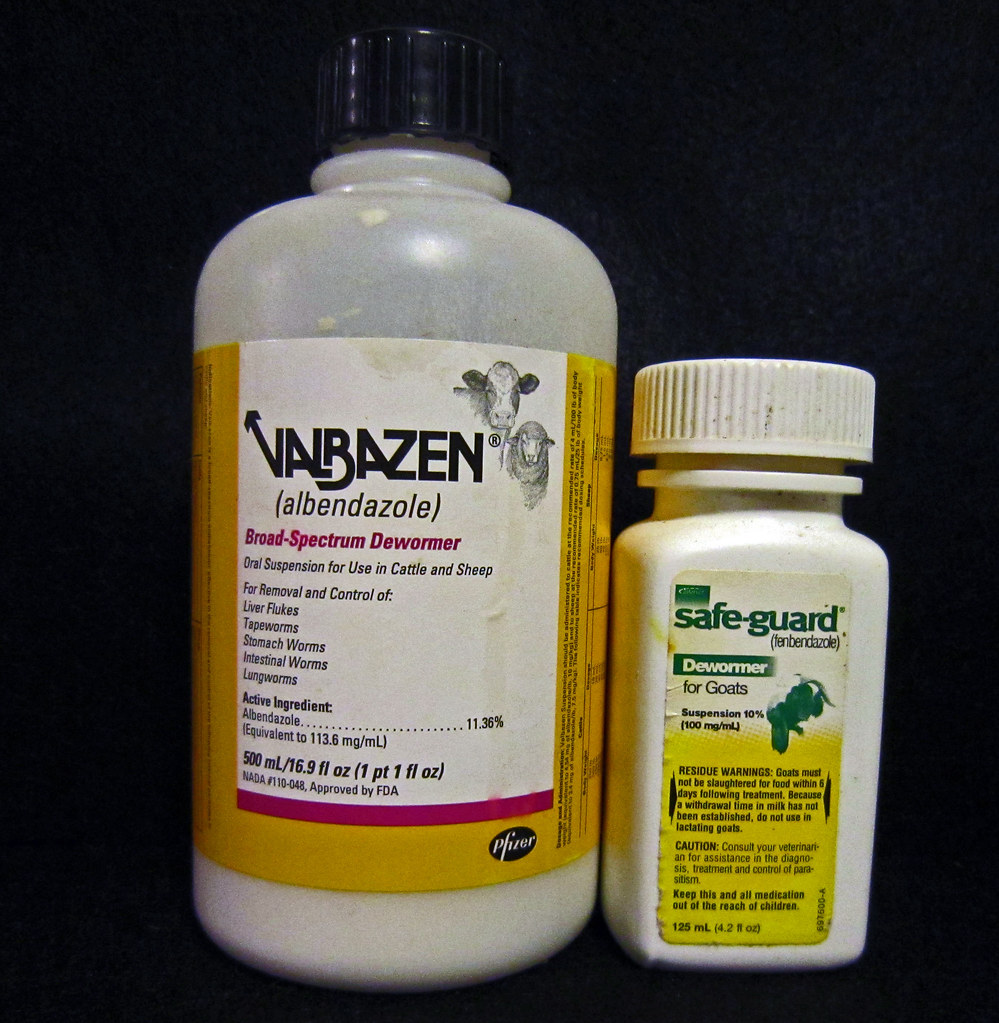Fenbendazole 222mg Capsules For Humans and Animals
Fenbendazole 222mg capsules for humans are used to treat parasites, such as pinworms, ascarids, whipworms, and roundworms. It has also been shown to have anti-cancer effects in animals, and it is currently being studied for its possible use in human cancer therapy. The fenbendazole cancer protocol has gained interest in the past year following reports of a man with stage 4 lung cancer who was declared cancer-free after taking fenbendazole (Panacur C), along with other supplements, and had a PET scan showing marked improvement.
Benzimidazole drugs have low toxicity and are often given to animals for gastrointestinal issues without major side effects. However, prolonged fenbendazole use can cause a lack of blood flow to the digestive tract and reduced stomach absorption, leading to diarrhea. In addition, some animals can experience adverse reactions to fenbendazole such as facial swelling, itching, or hives from chemicals released by dying parasites.
These issues are why many pet owners prefer to have their pets treated by a compounding veterinarian. A compounding veterinarian is a specialist that can create medications specifically for your animal at the direction of your veterinarian. These medications can be in a variety of forms, such as capsules, gels, powders, or liquids. They can also be made in various sizes and strengths. The most common type of fenbendazole capsules is the 222mg form, which provides a full course of treatment for parasites. These capsules contain no fillers and only the medication is in them.
The 222mg fenbendazole dose for animals is typically administered six days a week, with one day off and then repeated weekly. The dosage varies based on the weight of the animal. For example, a 10-pound dog requires one 222mg fenbendazole pill each day for five days. This pill should be administered to the animal with its regular food. The duration of a fenbendazole treatment varies depending on the severity of your pet’s parasite infection and health parameters.
In experiments that examined the effects of fenbendazole on radiation-induced cell death, cultured cells were made hypoxic by sealing glass culture bottles with rubber gaskets and needles for influx and efflux of gases, and then gassing them with 95% nitrogen/5% carbon dioxide at 1 ppm oxygen for 2 h prior to fenbendazole administration. The cells were then irradiated with 10 Gy of 250 kV X-rays using a Siemens Stabilipan (Malvern, PA). Survival curves for control and fenbendazole-treated cells are superimposed in the Table. These results show that fenbendazole had no effect on the growth or radiation response of hypoxic cells in vitro. However, in vivo, a fenbendazole-based regimen significantly improved the radiation sensitivity of these cells. The data in the Table are in agreement with previous studies of this animal model that showed similar findings (8, 9).

